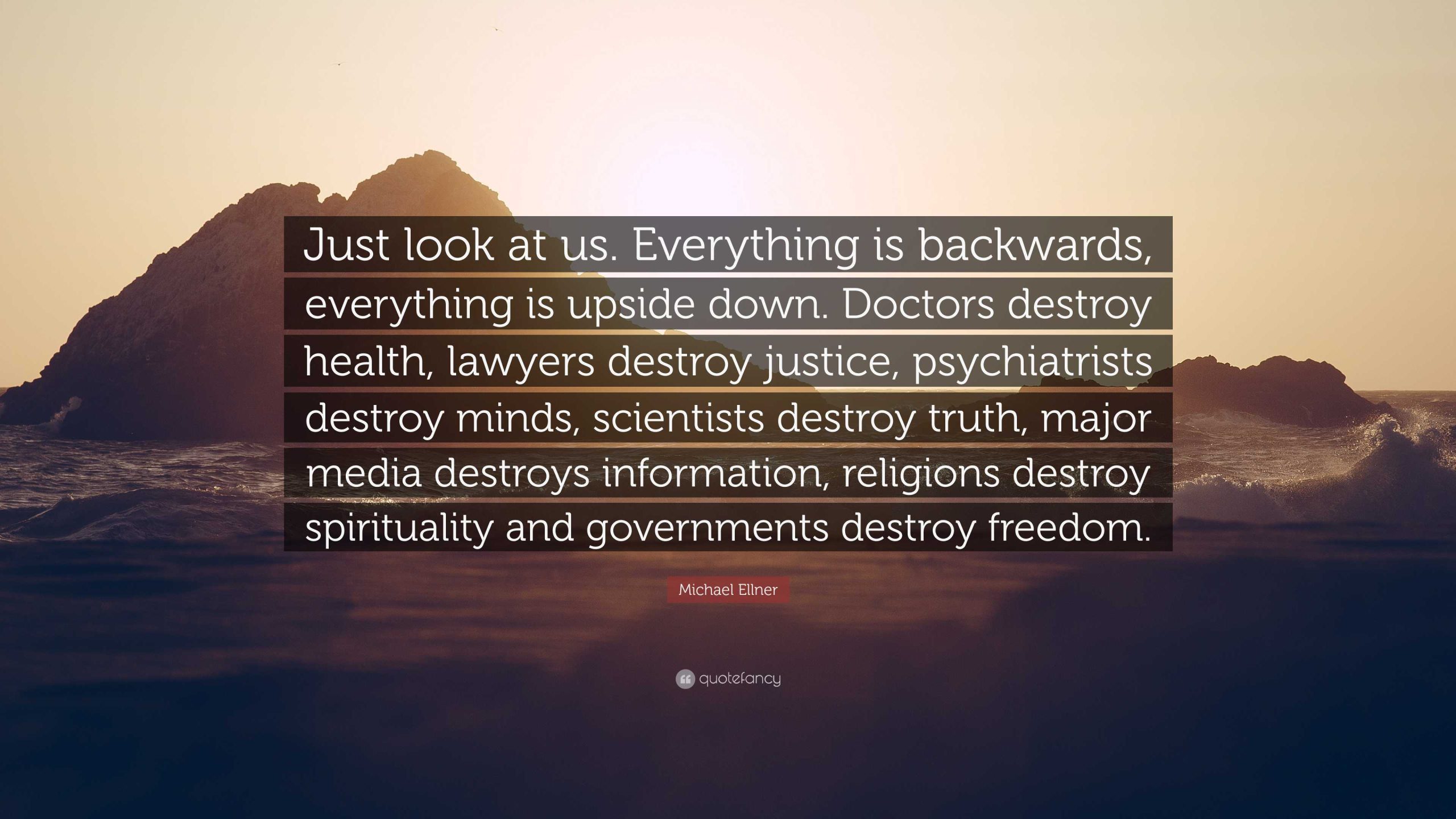In an era marked by growing environmental concerns and geopolitical tensions, the impact of warfare on fossil fuels has become a critical issue. From econoımic ramifications to environmental degradation, the true cost of war on fossil fuels extends far beyond the battlefield. This article delves into the multifaceted consequences of conflicts on fossil fuel resources and the broader implications for global sustainability.
The Economic Toll
War disrupts the production, distribution, and pricing of fossil fuels, leading to economic instability on a global scale. Supply disruptions, damaged infrastructure, and heightened market volatility often result in soaring energy prices, exacerbating inflation and hindering economic growth. Nations heavily reliant on fossil fuel imports are particularly vulnerable, facing increased financial strain and potential recessions.
Environmental Degradation
The environmental toll of war on fossil fuels is profound and enduring. Oil spills, air pollution from burning oil fields, and destruction of natural habitats all contribute to ecological devastation. THese consequences extend beyond immediate conflict zones, affecting ecosystems, biodiversity, and human health for years to come. Furthermore, the carbon emissions associated with warfare exacerbate climate change, amplifying the urgency for sustainable energy alternatives.
Humanitarian Impacts
War on fossil fuels exacts a heavy toll on human lives and livelihoods. Displacement, food insecurity, and health crises are among the many humanitarian consequences of conflict-driven resource exploitation. Indigenous communities and marginalized populations often bear the brunt of these impacts, facing displacement, loss of land rights, and environmental injustices. Moreover, the militarization of fossil fuel-rich regions perpetuates social unrest and undermines peacebuilding efforts.
Geopolitical Instability
Fossil fuels have long been a contentious geopolitical battleground, with wars and conflicts often fueled by competition for control over energy resources. Oil-rich regions become flashpoints for conflict, intensifying regional rivalries and exacerbating geopolitical tensions. The pursuit of energy security through military means perpetuates a cycle of violence and instability, undermining prospects for diplomatic resolution and global cooperation.
Impact on Energy Transition
The cost of war on fossil fuels reverberates through efforts to transition to renewable energy sources. Resource allocation, investment priorities, and policy decisions are influenced by the geopolitical and economic dynamics of fossil fuel conflicts. Moreover, the diversion of resources towards military expenditures detracts from investments in clean energy infrastructure and innovation. As the urgency of decarbonization grows, the impediments posed by fossil fuel warfare become increasingly untenable.
Societal Resilience and Adaptation
The resilience of societies in the face of fossil fuel conflicts is a critical determinant of long-term sustainability. Investment in renewable energy technologies, diversification of energy sources, and strategic resource management enhance societal resilience and reduce vulnerability to geopolitical shocks. Additionally, fostering community resilience, promoting renewable energy literacy, and advocating for peaceful conflict resolution mechanisms are essential for building a sustainable future.
Ethical Considerations
The ethical dimensions of waging war on fossil fuels raise profound questions about responsibility, justice, and accountability. The exploitation of natural resources in conflict zones often disregards the rights and well-being of local populations, perpetuating cycles of exploitation and violence. Addressing the ethical implications of fossil fuel warfare requires a holistic approach that prioritizes human rights, environmental protection, and conflict prevention.
Role of International Institutions
International institutions play a pivotal role in mitigating the impact of war on fossil fuels and advancing global sustainability goals. Diplomatic efforts to resolve conflicts, promote disarmament, and uphold international law are essential for preventing resource-driven conflicts. Additionally, initiatives to promote energy diplomacy, foster renewable energy cooperation, and support conflict-affected communities contribute to peacebuilding and sustainable development.
Future Perspectives
As the world grapples with the complex challenges of energy security, climate change, and conflict prevention, the need for concerted action has never been greater. Shifting away from fossil fuel dependence towards renewable energy sources is imperative for mitigating the risks of resource-driven conflicts and advancing global peace and prosperity. Embracing renewable energy technologies, fostering international cooperation, and addressing the root causes of conflict are essential steps towards a more sustainable and resilient future.
Conclusion:
The true cost of war on fossil fuels encompasses economic, environmental, humanitarian, and geopolitical dimensions that transcend national borders and impact future generations. As we confront the urgent imperative of transitioning to a sustainable energy future, addressing the root causes of fossil fuel conflicts and investing in renewable energy solutions are paramount. By embracing a holistic approach that prioritizes peace, justice, and sustainability, we can chart a course towards a more equitable and resilient world.










